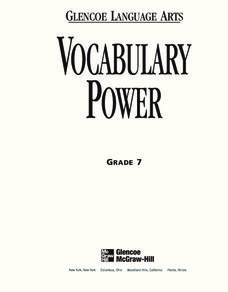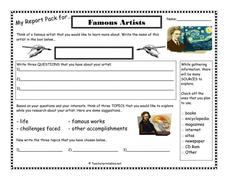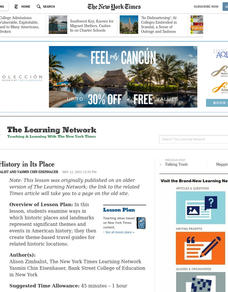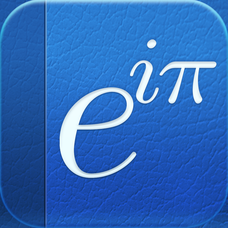Reference Materials Teacher Resources
With all the concern about fake news, bogus sites and fact checking, 21st century learners must develop research skills that enable them to access, evaluate, and use reference materials.
Introduce primary graders to reference materials and their purposes with a lesson that lets them examine these essential tools. Kids can also engage in scavenger hunts and explore the world of reference materials such as atlases, almanacs, encyclopedias, maps, and dictionaries. A lesson on the Dewey Decimal System teaches students where to look in the stacks to find these valuable resources.
In addition to knowing what they are, what they contain, and where to find them, learners also need to know how to use reference materials to research. Here's a lesson where scientists can use reference materials to research local aquatic plants. High school historians can use reference materials to study the rich and sometimes tumultuous history of Afghanistan. The Internet has made it possible for young researchers to go far beyond the walls of the library using search engines and online materials. Here’s a lesson that employs online reference sources.
In an age of open education resources, intellectual property, and copyright concerns, it is important that students also know how to give credit to the reference materials they use, and how to determine the best references to use (check out this lesson for middle school).

























